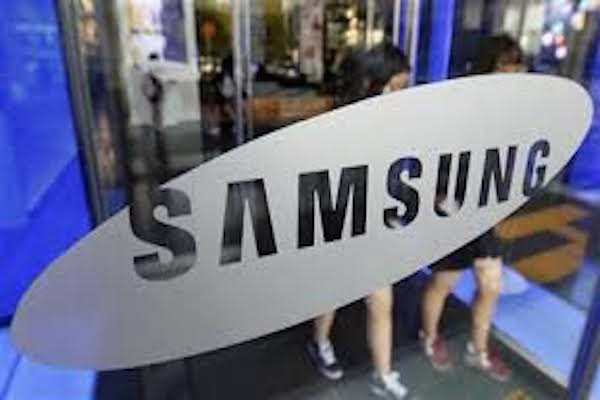In the aftermath of the recently discovered hack on LoopPay's computer system which was perpetrated by Chinese hackers, South Korean tech giant Samsung released a statement claiming that its Samsung Pay service was not compromised.
In a statement picked by The Guardian, Samsung said, "Samsung Pay was not impacted and at no point was any personal payment information at risk. This was an isolated incident that targeted the LoopPay office network, which is a physically separate network from Samsung Pay."
Reports claim that a group of state-sponsored Chinese hackers, known only as Sunshock Group or Codoso Group, were able to penetrate LoopPay's internal network in March and was able to stay undetected until August.
The main goal of the hack was to access LoopPay's intellectual property specifically magnetic secure transmission. This technology enables Samsung Pay to function with older point-of-sale terminals by simply mimicking the magnetic strips on payment cards, according to Fortune.
The Codoso Group is known for its sophisticated hacking techniques and usually targets financial institutions, defense and military contractors, C-level executives and Chinese political dissidents. The group is also known for exploiting zero-day vulnerabilities and previously known bugs in order to infiltrate their targets' computer or network.
Recently, Chinese President Xi Jinping struck an agreement with United States President Barack Obama that prohibits both nation from conducting economic espionage against each other. Based on the timeline of the LoopPay hack, the attack on its network was launched before the agreement between the two nations was made.
LoopPay is an American payments startup which was bought by Samsung in February for $250 million. Samsung acquired LoopPay in order to help in transaction management for the then newly launched Samsung Pay mobile payment service.



























